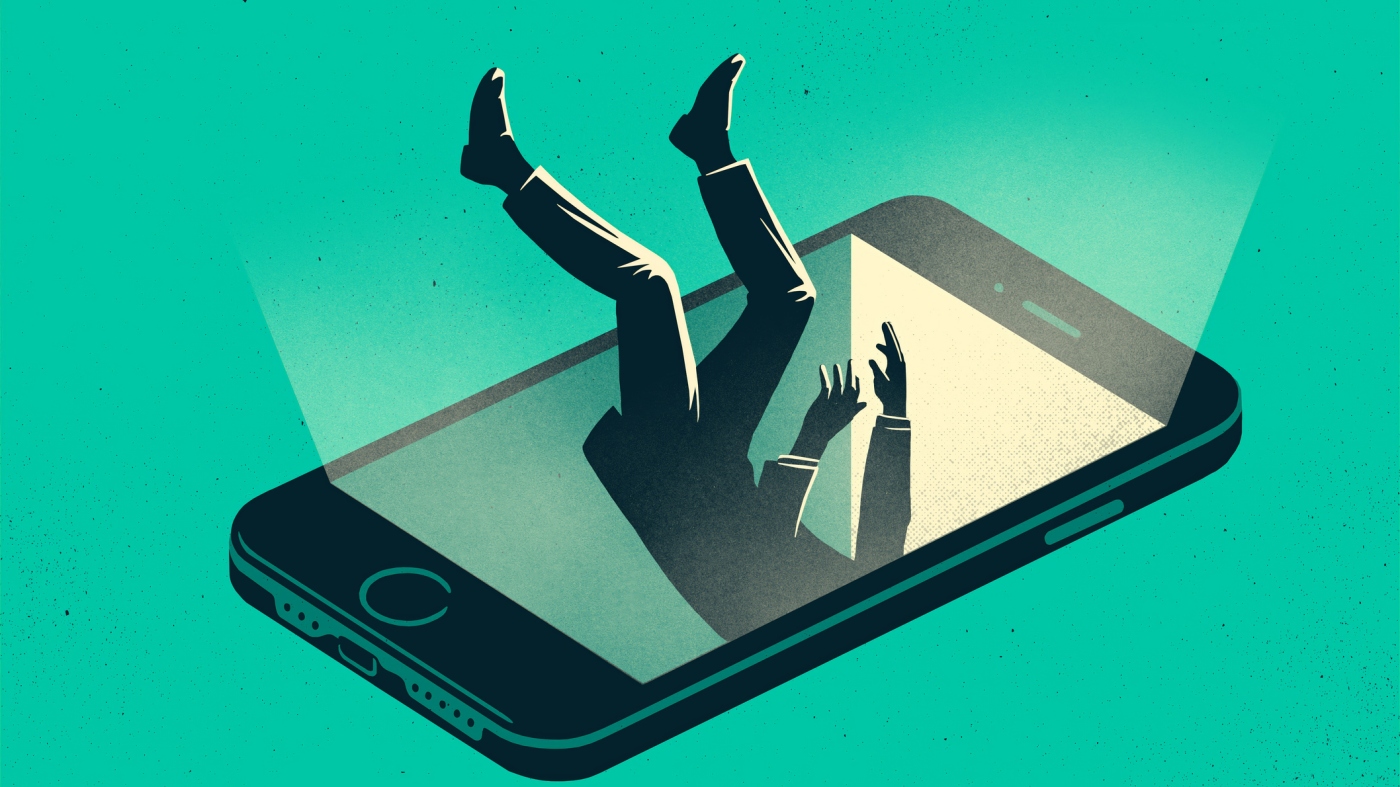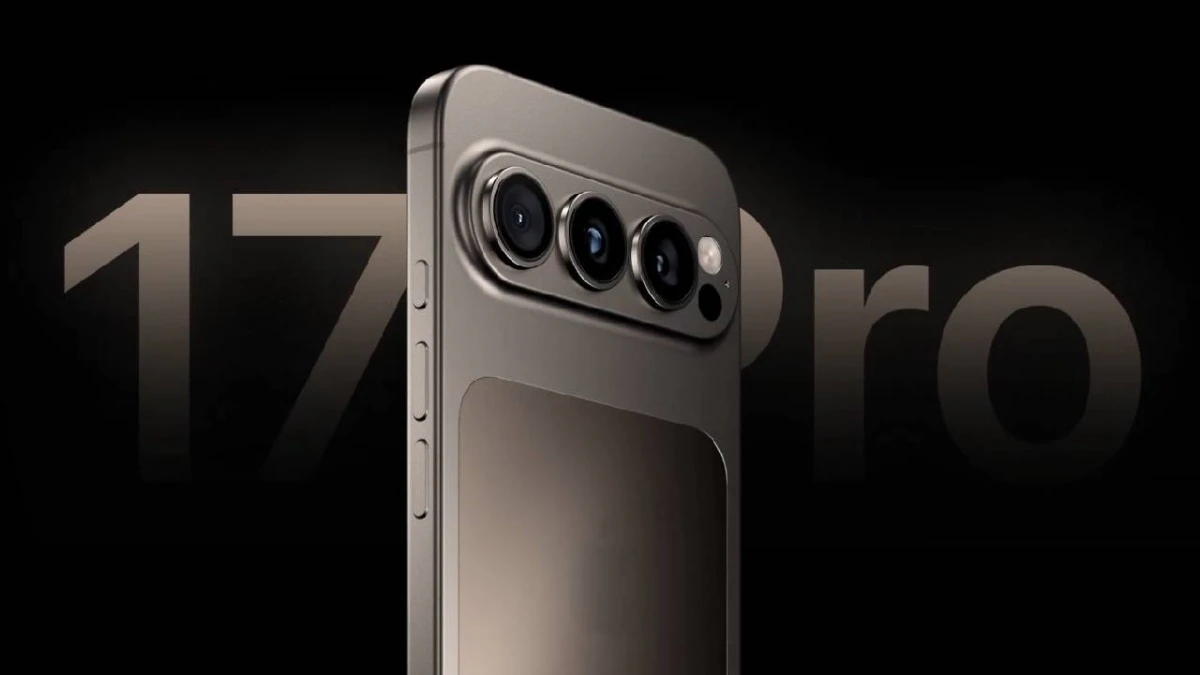
In our fast-paced digital age, smartphones have become an integral part of our lives. From staying connected with loved ones to managing work tasks and entertainment, our devices serve as our constant companions. However, this dependency also poses significant challenges to our mental health if not managed properly. Excessive or unmindful use of smartphones can lead to stress, anxiety, depression, and sleep disturbances. Therefore, understanding how to harness the benefits of smartphones while safeguarding our mental well-being is crucial.
Understanding the Impact of Smartphone Usage on Mental Health
Smartphones, when used mindfully, can be powerful tools for learning, social connection, and relaxation. Yet, their overuse or misuse can contribute to negative mental health outcomes. According to experts shared by Health US News, the way you use your smartphone can significantly influence your mental health. The key is to develop habits that maximize benefits and minimize harm.
Effective Tips to Use Your Smartphone Mindfully and Protect Your Mental Health
1. Set Boundaries for Screen Time
One of the simplest yet most effective strategies is to consciously limit the amount of time spent on your device. Use built-in screen time trackers to monitor usage patterns and set daily limits for social media, gaming, or other time-consuming apps. This helps prevent overexposure and encourages you to engage in offline activities that promote mental well-being.
2. Designate Phone-Free Zones and Times
Creating specific areas in your home and times of the day where smartphone use is restricted can greatly reduce dependency. For instance, avoid using phones during meals, in the bedroom, or an hour before bedtime. These pauses allow your brain to rest and prepare for restful sleep, which is vital for mental health.
3. Curate Your Digital Environment
Unfollow or mute accounts that trigger negative feelings or stress. Choose positive and inspiring content that uplifts you. Use app controls to block notifications during focused periods to avoid constant interruptions that induce anxiety or distractibility.
4. Practice Mindful Usage
Before unlocking your smartphone, ask yourself why you want to use it. Is it for something productive, relaxing, or just out of boredom? Being aware of your intentions can prevent mindless scrolling and increase your control over your digital habits.
5. Engage in Digital Detoxes
Regular breaks from screens, such as weekend digital detoxes or weekly offline days, can rejuvenate your mental health. Use this time to reconnect with nature, pursue hobbies, or spend quality time with loved ones.
6. Prioritize Sleep Hygiene
Exposure to blue light emitted by smartphones can interfere with the production of melatonin, the hormone responsible for sleep. To improve sleep quality, avoid screens at least an hour before bedtime, or use blue light filters and night mode features on your devices.
7. Foster Real-Life Connections
While smartphones facilitate virtual interactions, they should not replace face-to-face connections. Make an effort to meet friends and family in person, which has been shown to support mental health by reducing loneliness and fostering emotional support.
Leveraging the Positive Aspects of Smartphones
It’s not about eliminating smartphone use but about managing it wisely. The technology has numerous benefits if used consciously:
- Educational Resources: Access online courses, tutorials, and informative articles that expand your knowledge.
- Mental Health Apps: Use apps designed to promote mindfulness, meditation, and stress reduction, such as Headspace or Calm.
- Social Support: Stay connected with supportive communities, support groups, or loved ones, especially during times of stress or isolation.
- Creative Expression: Use your device to create art, write, or share your hobbies, which can serve as therapeutic outlets for emotions.
Conclusion
Balancing smartphone use is essential for maintaining and protecting your mental health. By setting boundaries, practicing mindfulness, and consciously choosing content and interactions, you can enjoy the myriad benefits of your device without falling prey to its potential harms. Remember, your smartphone is a tool — with the right habits, it can serve as a facilitator for mental well-being rather than a source of stress.
Implementing these practical tips requires commitment and self-awareness. Start small by adjusting one habit at a time and observe how it impacts your mental health positively. Your mind and overall well-being are worth the effort.
For more updated news please keep visiting Prime News World.









